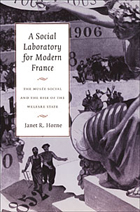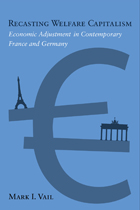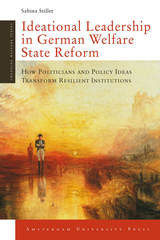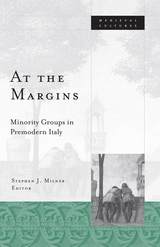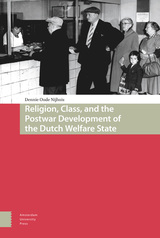Cloth: 978-0-674-68960-2
Library of Congress Classification HN438.P6H52
Dewey Decimal Classification 309.144815
Pont-de-Montvert is a small and shrunken Protestant village in an isolated part of the Cévennes mountains of Southern France. In 1700, the village was a complicated world where some fifteen hundred landless peasants, yeomen peasants, artisans, bourgeois, and nobles had unequal rights, unequal responsibilities, and different perceptions of politics. Today, Pont-de-Montvert is a much smaller, classless society, where social differences have little to do with politics and are due more to personal worth than to inherited wealth or status.
In the seventeenth century, both rich and poor of Pont-de-Montvert had their own politics; one century later, at the time of the French Revolution, the political differences had vanished though the social ones remained. During the nineteenth century, the social structure was transformed, as were its connections with politics.
In this book, P. L.-R. Higonnet explains these changes and describes the conditions of life for different people at different times in a village that is both a part of France and a world unto itself.
See other books on: France | Higonnet, Patrice | Politics | Rural conditions | Social Structure
See other titles from Harvard University Press







